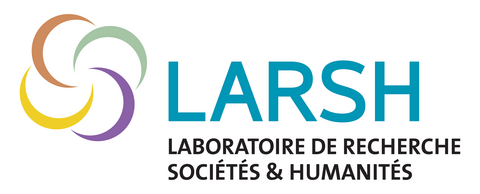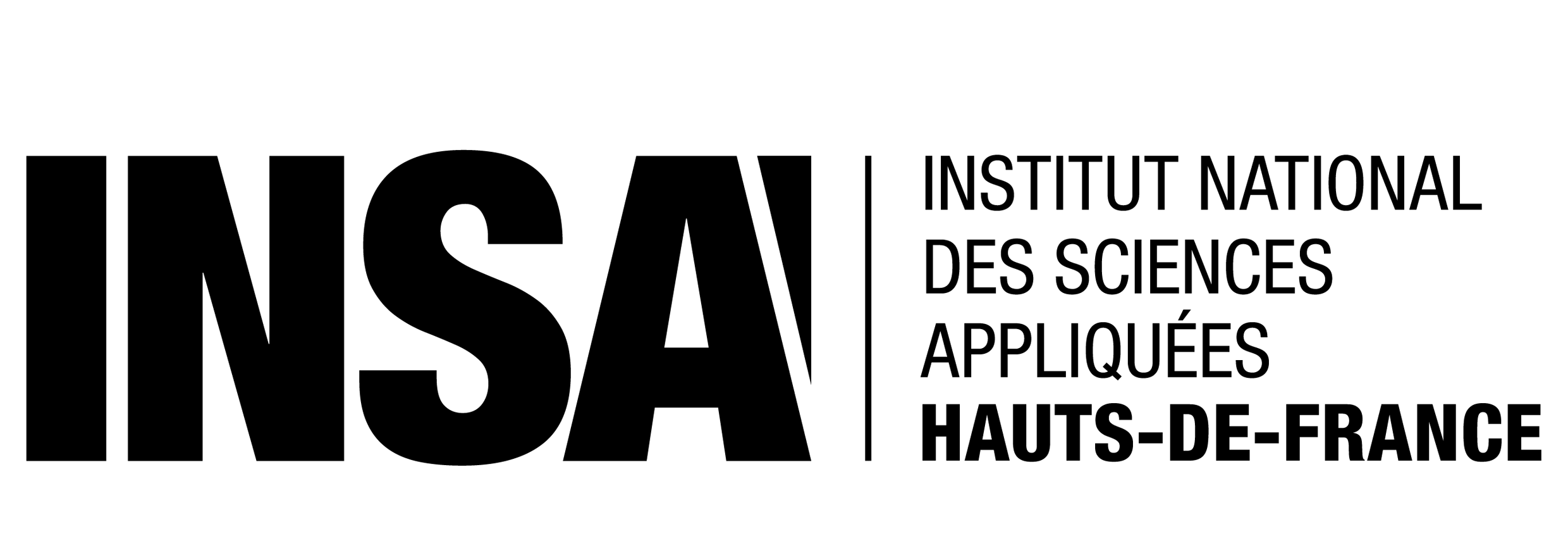
Séance 3 - Séminaire sur les modèles et méthodes de recherche en sciences économiques
Ce séminaire disciplinaire a pour objectif de présenter les travaux les plus récents des économistes du LARSH mais aussi d’inviter des collègues extérieurs ayant une compétence reconnue dans les domaines de recherche du LARSH.
Oriol Anguera Torrell
"Unveiling customer choice with salience theory: The link between room price and breakfast demand"
Salience theory posits that decision-makers pay more attention to the most outstanding—salient—attributes of available options, ultimately impacting decision-makers’ choices. This study proposes extending this theory to the decision of adding an extra component to a product, with special significance for the hospitality industry. Hotels tend to charge a fixed amount to add breakfast to a reservation. Drawing on the salience theory, we show that this constant surcharge makes the demand for breakfast-included rooms dependent on the room’s price. The empirical application conducted on a sample of over 22,000 reservations supports the predictions that the probability of selling breakfast-included rooms rises (1) after a room price increase and (2) less so if consumers do not anticipate the price hike. Beyond the critical theoretical extension, this paper brings relevant managerial implications for dynamic pricing strategies for breakfast, which, in turn, may become a game changer for hotel revenue management strategies.
Eden Jiao
"Analysing destination resilience in turbulent times from a spatiotemporal perspective"
Over the past two decades, the global economy has faced significant turbulence due to various crises, including economic downturns, natural disasters, political turmoil, and health pandemics. The tourism sector is particularly vulnerable to these external shocks, which can disrupt destinations while also creating opportunities to assess their resilience in response to real crises that are difficult to simulate. To understand and manage these crises effectively, it is essential to consider two main aspects: the duration of the crisis's effects (i.e., temporal perspective) and the geographical scope of its impact (i.e., spatial perspective). However, many prior studies on destination resilience have overlooked these dimensions. To address the above gaps, this research develops a comprehensive, multi-stage, dynamic spatiotemporal analytical framework to firstly measure two aspects of tourism resilience (i.e., resistance and recovery), and secondly analyse the influencing factors of tourism resilience. The empirical context of international tourism in Europe during the COVID-19 pandemic is used to demonstrate the applicability of the developed framework and relevant policy implications.



